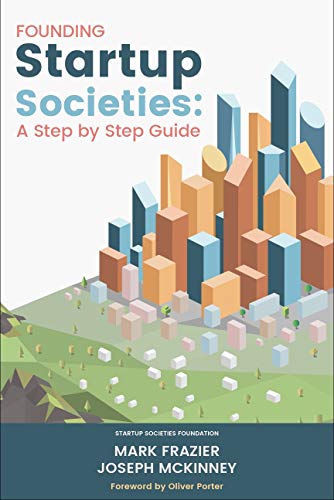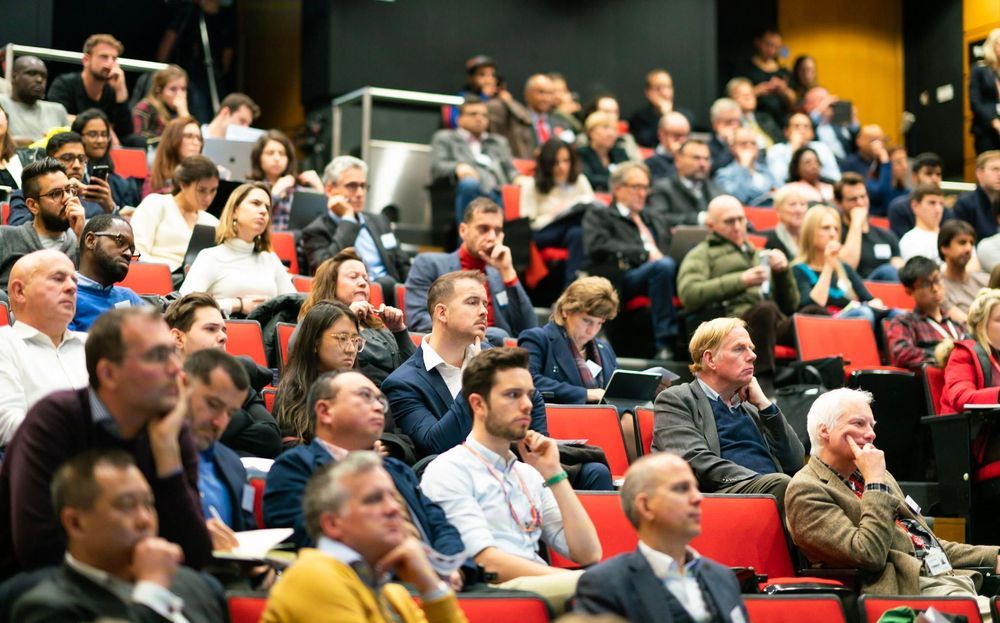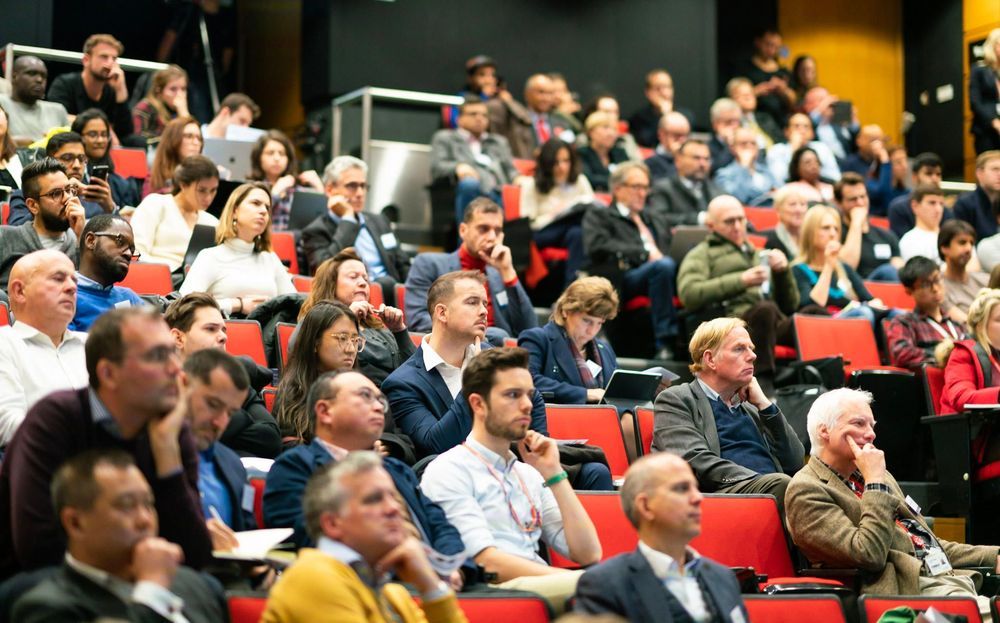The human microbiome is an important emergent area of cross, multi and transdisciplinary study. The complexity of this topic leads to conflicting narratives and regulatory challenges. It raises questions about the benefits of its commercialisation and drives debates about alternative models for engaging with its publics, patients and other potential beneficiaries. The social sciences and the humanities have begun to explore the microbiome as an object of empirical study and as an opportunity for theoretical innovation. They can play an important role in facilitating the development of research that is socially relevant, that incorporates cultural norms and expectations around microbes and that investigates how social and biological lives intersect. This is a propitious moment to establish lines of collaboration in the study of the microbiome that incorporate the concerns and capabilities of the social sciences and the humanities together with those of the natural sciences and relevant stakeholders outside academia. This paper presents an agenda for the engagement of the social sciences with microbiome research and its implications for public policy and social change. Our methods were informed by existing multidisciplinary science-policy agenda-setting exercises. We recruited 36 academics and stakeholders and asked them to produce a list of important questions about the microbiome that were in need of further social science research. We refined this initial list into an agenda of 32 questions and organised them into eight themes that both complement and extend existing research trajectories. This agenda was further developed through a structured workshop where 21 of our participants refined the agenda and reflected on the challenges and the limitations of the exercise itself. The agenda identifies the need for research that addresses the implications of the human microbiome for human health, public health, public and private sector research and notions of self and identity. It also suggests new lines of research sensitive to the complexity and heterogeneity of human–microbiome relations, and how these intersect with questions of environmental governance, social and spatial inequality and public engagement with science.
Category: governance – Page 16

Rare ‘floating city’ deep-sea creature caught on camera by stunned scientists
A creature so rare that it has only a few recorded sightings across the world has been caught on camera by stunned scientists.
The benthic siphonophore, which looks like a single animal, is actually a “floating city” of many smaller organisms working together.
The creatures are so rarely seen that their ecology is almost unknown, though they are thought to make their home at depths of up to 3000m.


Why Gene Editors Like CRISPR/Cas May Be a Game-Changer for Neuroweapons
This year marks the Eighth Review Conference (RevCon) of the Biological Toxins and Weapons Convention (BWC). At the same time, ongoing international efforts to further and more deeply investigate the brain’s complex neuronal circuitry are creating unprecedented capabilities to both understand and control neurological processes of thought, emotion, and behavior. These advances have tremendous promise for human health, but the potential for their misuse has also been noted, with most discussions centering on research and development of agents that are addressed by existing BWC and Chemical Weapons Convention (CWC) proscriptions. In this article, we discuss the dual-use possibilities fostered by employing emergent biotechnologic techniques and tools—specifically, novel gene editors like clustered regular interspaced short palindromic repeats (CRISPR)—to produce neuroweapons. Based on our analyses, we posit the strong likelihood that development of genetically modified or created neurotropic substances will advance apace with other gene-based therapeutics, and we assert that this represents a novel—and realizable—path to creating potential neuroweapons. In light of this, we propose that it will be important to re-address current categorizations of weaponizable tools and substances, so as to better inform and generate tractable policy to enable improved surveillance and governance of novel neuroweapons.
Keywords: : CRISPR, Gene editing, Neuroweapon, Neurotherapeutic pathways, Dual-use neuroscience, Biosecurity policy.
T his year marks the Eighth Review Conference (RevCon) of the Biological Toxins and Weapons Convention (BWC), the purpose of which is to ensure that the convened parties’ directives continue to be relevant to and viable for prohibiting the development, production, and stockpiling of biological weapons in the face of newly emerging scientific advancements and biotechnologies. Apropos of issues raised at previous RevCons and elsewhere, there are growing concerns about current and future weaponization of neurobiological agents and tools (ie, “neuroweapons”1–6).

Survey: Capitalism ‘doing more harm than good,’ and technology is ‘out of control’
Most people believe that modern day capitalism “does more harm than good in the world,” according to a new survey.
The closely-followed 20th annual Edelman Trust Barometer — an annual survey of 34,000 people across 28 countries that measures the public’s trust in NGOs, business, government, and media — underscored how a strong global economy and a booming stock market have failed to completely allay the public’s worries about their own economic prospects.
Edelman released the survey timed to the 50th annual World Economic Forum in Davos, Switzerland. This year’s forum centers around the idea of stakeholder capitalism, proclaiming that a company’s purpose goes beyond generating wealth and instead should be measured by its environmental, social, and good governance objectives.

Sustainable supply of minerals and metals key to a low-carbon energy future
The global low-carbon revolution could be at risk unless new international agreements and governance mechanisms are put in place to ensure a sustainable supply of rare minerals and metals, a new academic study has warned.
The amount of cobalt, copper, lithium, cadmium, and rare earth elements needed for solar photovoltaics, batteries, electric vehicle (EV) motors, wind turbines, fuel cells, and nuclear reactors will likely grow at a rapid pace in the upcoming years. Even if alternatives are found for one metal, there will be reliance on another as the scope of possibilities is inherently limited by physical and chemical properties of elements.
However, with global supplies often heavily monopolized by a single country, confronted by social and environmental conflict, or concentrated in poorly functioning markets, there is a real possibility that a shortage of minerals could hold back the urgent need for a rapid upscaling of low-carbon technologies. In some cases, markets are providing misleading signals to investors that can lead to poor decisions. In other cases, the countries or regions supplying minerals are politically unstable.

Founding Startup Societies: A Step by Step Guide
This Guidebook provides comprehensive how-to information to build Startup Societies. These are small areas that innovate in governance, such as Shenzhen, Dubai, and Singapore.
The Authors wrote this Guidebook to radically lower barriers for launching Startup Society ventures. This Guidebook covers twenty steps to create a Startup Society from ideation to running a full-scale city. It also introduces unique best practices for making Startup Societies: creating consortiums, launching competitions, sharing upsides with local communities, leading with a gift, and scaling from small locations to larger ones.
The Guidebook backs up its guidelines with fifty years of research and field work in over fifty countries. It is a great starting point for entrepreneurs who want to use policies to rejuvenate rural and urban neighborhoods around the world, or to create new ones. It is for everyone with a game-changing Startup Society idea and the drive to achieve it, in their local communities or elsewhere.

Landmark Longevity Summits at King’s College London
“Demonstrate That Top Financial and Tech Corporations Are Committed to Longevity”
This week two Landmark International Longevity Summits in London attracted the attention of scientists, government officials, major financial corporations, insurance companies, investment banks, and technology companies from around the world. The Landmark AI for Longevity Summit and the First International Longevity Policy and Governance Summit at King’s College London are expected to become the world-leading forums for the Longevity Industry.

Landmark Summits Reveal the Future of National Economies
Deep Knowledge Group is delighted to have supported and participated in the landmark International Longevity Policy and Governance and AI for Longevity Summits that took place on November 12th at King’s College London, which gathered an unprecedented density and diversity of speakers and panelists at the intersection of Longevity, AI, Policy and Finance. The summits were organized by Longevity International UK and the AI Longevity Consortium at King’s College London, with the strategic support of Deep Knowledge Group, Aging Analytics Agency, Ageing Research at King’s (ARK) and the Biogerontology Research Foundation. Together they managed to attract the interest of major financial corporations, insurance companies, investment banks, Pharma and Tech corporations, and representatives of international governmental bodies, organisations and embassies, as well as leading media, and featured presentations and panel discussions from top executives and directors of Prudential, Barclays Business UK, HSBC, AXA, L&G, Longevity. Capital, Longevity Vision Fund, Juvenescence, the UK Office of AI, Microsoft, NVIDIA, Babylon Health, Huawei Europe, Insilico Medicine, Longevity International UK, the Longevity AI Consortium and others.
November 14, 2019, London, UK: Deep Knowledge Group executives Dmitry Kaminksiy and Eric Kihlstrom spoke at a landmark one-day event held yesterday at King’s College London with the strategic support Deep Knowledge Group. The event united two Longevity-themed summits under the shared strategic agenda of enabling a paradigm shift from treatment to prevention and from prevention to Precision Health via the synergistic efforts of science, industry, AI, policy and governance, to enable the UK to become an international leader in Healthy Longevity.
Future Consequences of Cryptocurrency Use: Systemic Investigation of Two Scenarios
We face complexity, ambiguity, and uncertainty about the future consequences of cryptocurrency use. There are doubts about the positive and negative impacts of the use of cryptocurrencies in the financial systems. In order to address better and deeper the contradictions and the consequences of the use of cryptocurrencies and also informing the key stakeholders about known and unknown emerging issues in new payment systems, we apply two helpful futures studies tools known as the “Future Wheel”, to identify the key factors, and “System Dynamics Conceptual Mapping”, to understand the relationships among such factors. Two key scenarios will be addressed. In on them, systemic feedback loops might be identified such as a) terrorism, the Achilles’ heel of the cryptocurrencies, b) hackers, the barrier against development, and c) information technology security professionals, a gap in the future job market. Also, in the other scenario, systemic feedback loops might be identified such as a) acceleration of technological entrepreneurship enabled by new payment systems, b) decentralization of financial ecosystem with some friction against it, c) blockchain and shift of banking business model, d) easy international payments triggering structural reforms, and e) the decline of the US and the end of dollar dominance in the global economy. In addition to the feedback loops, we can also identify chained links of consequences that impact productivity and economic growth on the one hand, and shift of energy sources and consumption on the other hand.
Watch the full length presentation at Victor V. Motti YouTube Channel